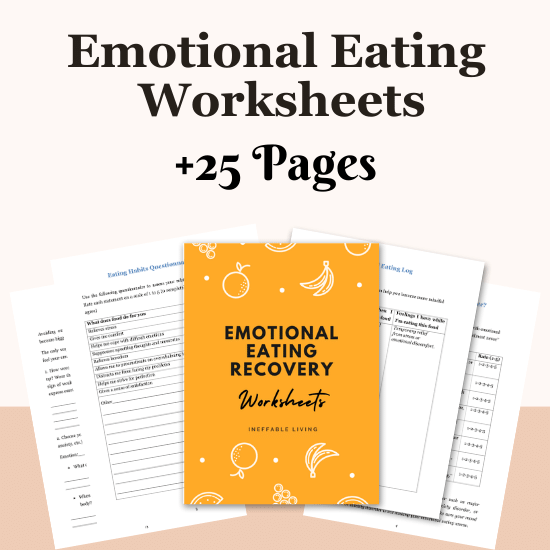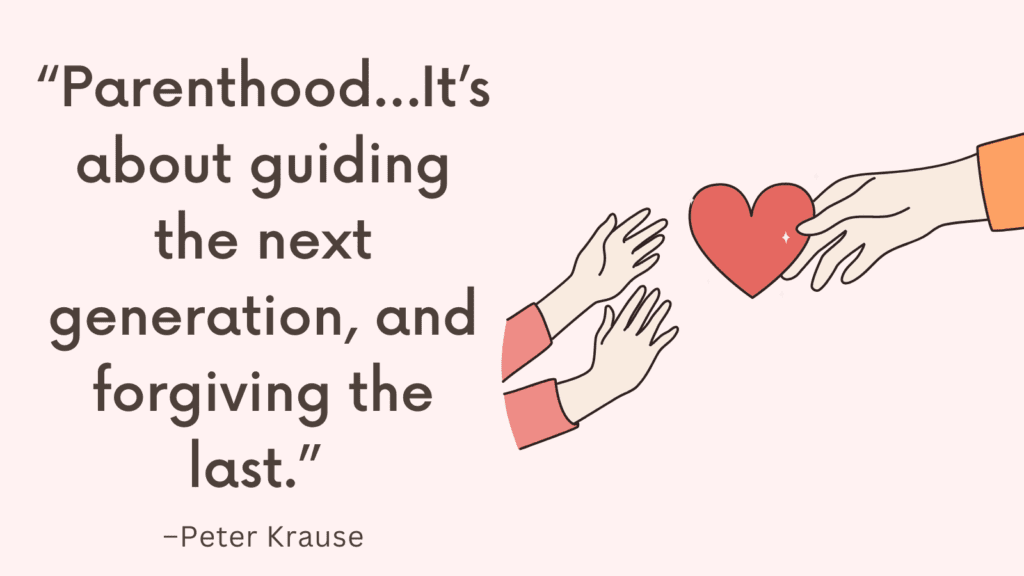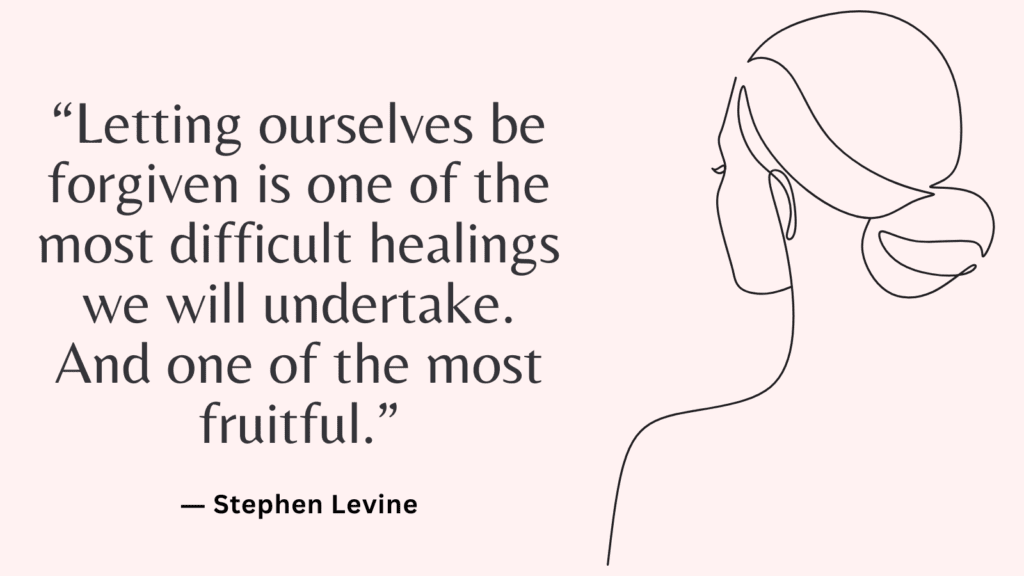Supporting a teen with disordered eating can stir up fear and urgency—but over-controlling responses can backfire, increasing secrecy, shame, and resistance. The key is to create safety, trust, and open communication while still holding gentle boundaries and guiding them toward support.
Understanding Disordered Eating in Teens
1. It’s About Control, Not Just Food – Teens may use eating behaviors to cope with emotions, stress, or a lack of control in their lives.
2. Influenced by Body Image Pressure – Social media, peer comments, and unrealistic beauty ideals can fuel dissatisfaction and harmful habits.
3. It Often Starts Subtly – Skipping meals, obsessing over “healthy” eating, or hiding food behaviors can be early warning signs.
4. Not Always About Weight Loss – Some teens develop disordered eating without trying to lose weight — it’s about emotional relief or routine.
5. Linked to Mental Health – Anxiety, depression, trauma, or low self-esteem often go hand-in-hand with disordered eating.
6. Can Affect Anyone – It impacts all genders, sizes, and backgrounds — not just thin, white, female teens.
7. Early Intervention Matters – The sooner disordered patterns are addressed, the better the chance of full recovery.
8. Teens May Hide It – Shame, fear, or denial can make them secretive, so watch for mood changes, food rules, or isolation around meals.
Related: What NOT To Say To Someone With An Eating Disorder? (& What to Do Instead)
How to Support a Teen With Disordered Eating Without Over-Control?
1. Lead With Curiosity, Not Criticism
Ask open-ended questions:
“I’ve noticed some changes in how you’re eating—can you tell me what’s been going on?”
Avoid accusing, labeling, or jumping to conclusions. Curiosity creates openness; control shuts it down.
2. Focus on Emotions, Not Just Behaviors
Disordered eating is often about emotional pain, not food. Ask:
“How have you been feeling lately?”
“What’s been hard for you?”
Show that you care about their inner world, not just what’s on their plate.
3. Validate Without Enabling
You can say:
“I can see this is really overwhelming for you. You don’t have to go through it alone.”
Validation acknowledges their struggle without minimizing it or reinforcing disordered behavior.
Related: 20 Eating Disorder Journal Prompts To Support Your Recovery
4. Create a Judgment-Free Environment
Avoid comments about weight, calories, appearance, or “good/bad” food. Model a neutral and compassionate relationship with food and bodies at home.
5. Gently Observe, Don’t Monitor
Instead of policing their eating, observe patterns and bring them up with care:
“I’ve noticed you seem anxious around meals—would it help to talk about it?”
Avoid hovering or forcing food, which can increase control struggles.
6. Offer Support, Not Ultimatums
Say:
“I’m here to support you, and I also think it could help to talk to someone together—like a therapist or doctor.”
Involve them in decisions and give them agency wherever possible.
7. Keep Meals Low-Pressure and Connected
Try to create a calm, consistent mealtime environment without making the food the focus. Use that time for light conversation, connection, and presence.
8. Avoid Making It About You
Their struggle may bring up your own fears or past issues. Process your emotions separately, with your own support, so they don’t feel blamed or overwhelmed.
Related: Best 10 Binge Eating Books
9. Educate Yourself on Disordered Eating
Learn about the signs, root causes, and myths of disordered eating. The more informed you are, the better you can respond with compassion rather than control.
10. Involve Professionals Early
Don’t wait for things to get worse. Involve a therapist, pediatrician, or dietitian with experience in adolescent eating disorders. Early support can prevent escalation.
11. Be Patient With Resistance
They may not want help right away. Stay steady. Your continued presence, consistency, and quiet concern will mean more than you realize.
12. Reinforce Their Worth Beyond Food or Appearance
Remind them often:
“You’re loved just for being you.”
“I’m proud of you for being honest.”
“You matter to me no matter what’s going on.”
Related: Top 10 Self Care Activities For Teens

Conclusion
Teens don’t need perfection from you—they need safety. You can’t control their healing, but you can create the conditions where trust, truth, and recovery can begin to grow.



